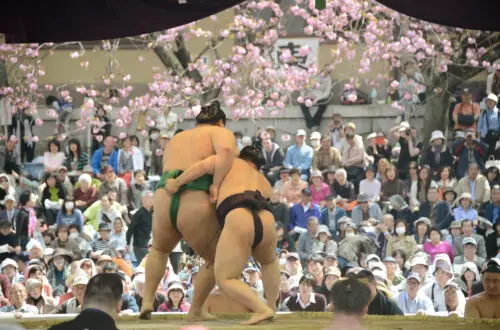
Fun Facts About Japanese
At first glance, Japan appears like another first-world country with its crowded cities, skyscrapers, advanced technologies, and so on. But every country has its fair share of quirks, and Japan is not an exception. Here are some weird, funny facts about a fascinating country with a unique culture.
- Adult diapers sell more than kid’s diapers
- An incredible pet vs children ratio
- Adult adoption is a common occurrence
- Sex? No, thank you?
- Men are taught about the female form
- Complete seclusion – a rising social problem
- Celebrating penises
- Baby crying festival
- Sleeping at work? You’re welcome
- Japanese eat meals at convenience stores
- Fruits are one of the best gifts
- Slurping is encouraged
- You can buy intimacy at the cuddle cafes
- Japanese don’t shake hands, they mostly bow
- Japanese say “sorry” in over 20 ways
- Staff wears cosplay at maid cafes
- Japanese restaurants display fake food
- Japanese eat KFC meals for Christmas dinner
- The blackface makeup trend
- Women use artificial uneven teeth
Adult diapers sell more than kid’s diapers

According to the World Economic Forum, around one-third of the Japanese population is over 65, the highest in the world. Coupled with young people’s unwillingness to get married or take a child, the country is becoming grayer day by day. So, it completely makes sense that the sale numbers of adult diapers are higher than kid’s diapers.
An incredible pet vs children ratio
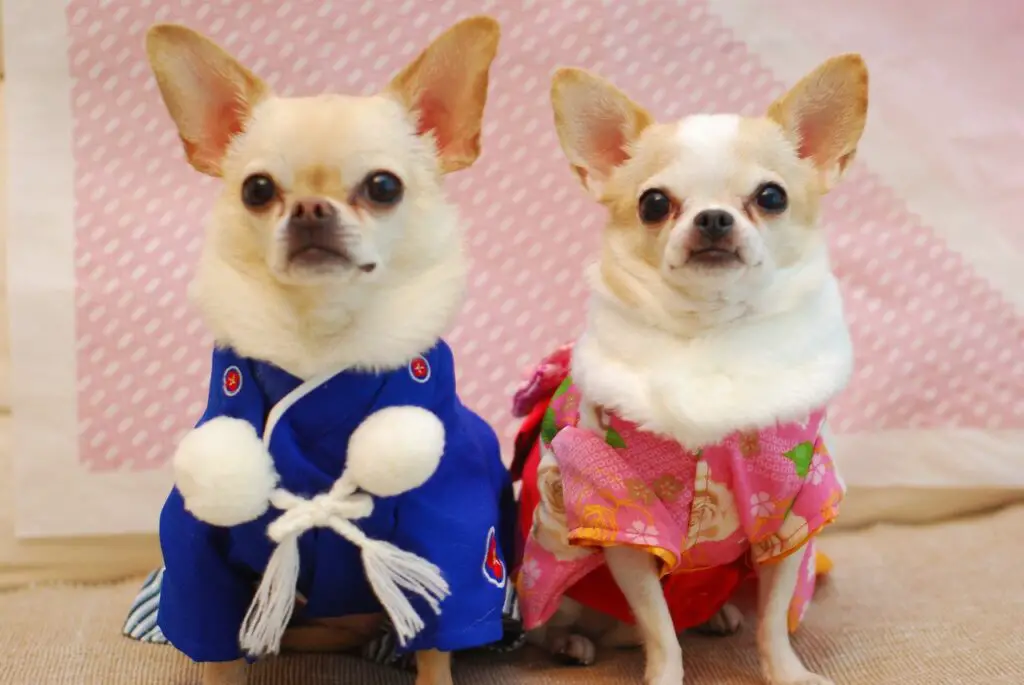
Not only adults outnumber the kids but also the pets. Only 15.33 million children aged under 15 (until April 1, 2019) are there, while the number of pet dogs and cats touches around 20 million. This figure will be even bigger if we count other types of pet animals. You know what’s more surprising? Around 73% of Japanese people don’t even own pets! That indicates how low the number of children is.
Adult adoption is a common occurrence
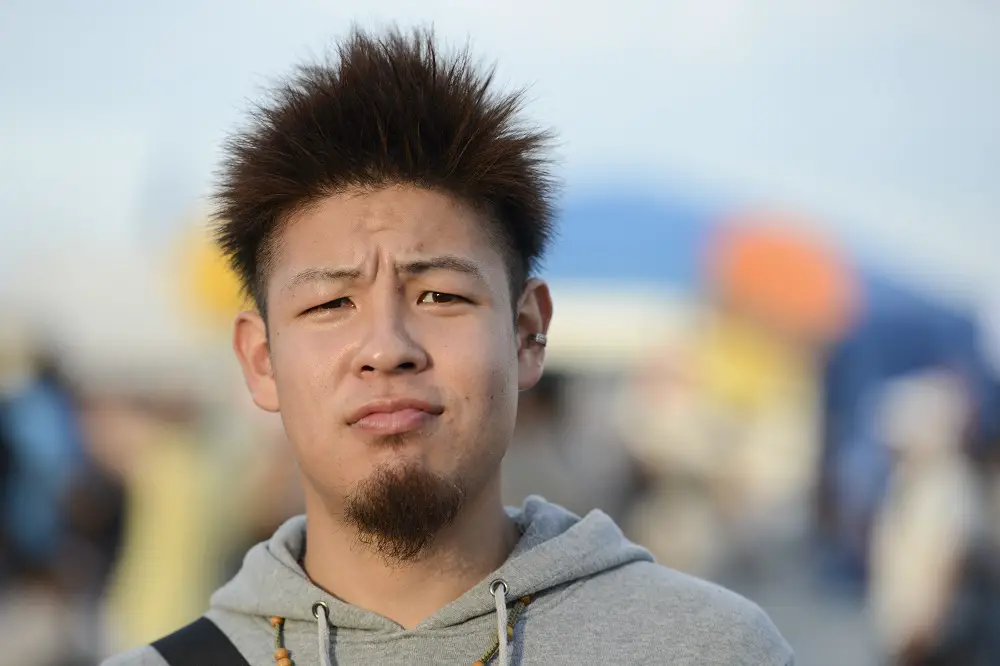
Children again lose this race. Over 98% of adoptions in Japan are actually adult men between the ages of 20 and 30. This has been practiced for decades because a family’s wealth can only be passed through the male lines. It’s a common practice in Japanese corporate culture. Famous companies, such as Toyota and Suzuki, have also been run by adopted sons.
Sex? No, thank you?

Since the beginning of the Millennium, a phenomenon named sekkusu-banare (averting sex) has become a headache for the Japanese government. Young adults are unwilling in any kind of sexual relationship, which has affected the childbirth rate in the country. Japan’s National Fertility Survey’s 2015 report shows that over 40% of unmarried people (in the 18 to 40 years demographic) have never had sex!
Men are taught about the female body
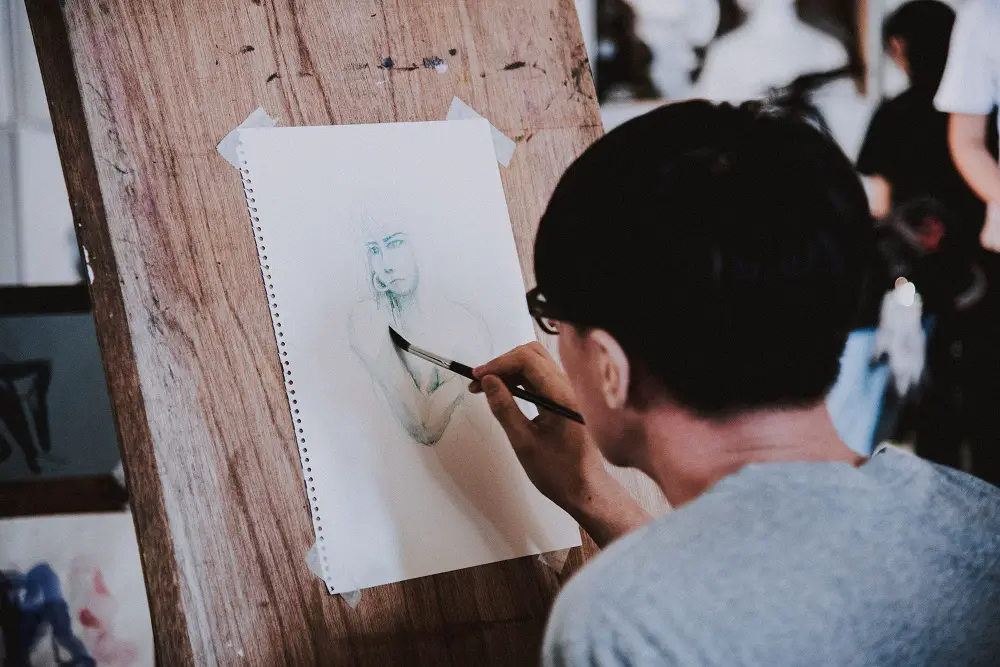
Seems a bit far-fetched? It’s not. There are a large number of men who are unwilling to pursue sexual relationships, known as sōshokukeidanshi. An organization named White Hands arranges nude sketching events for these men to learn about female anatomy. Participation is open for everyone, regardless of age and experience.
Complete seclusion – a rising social problem
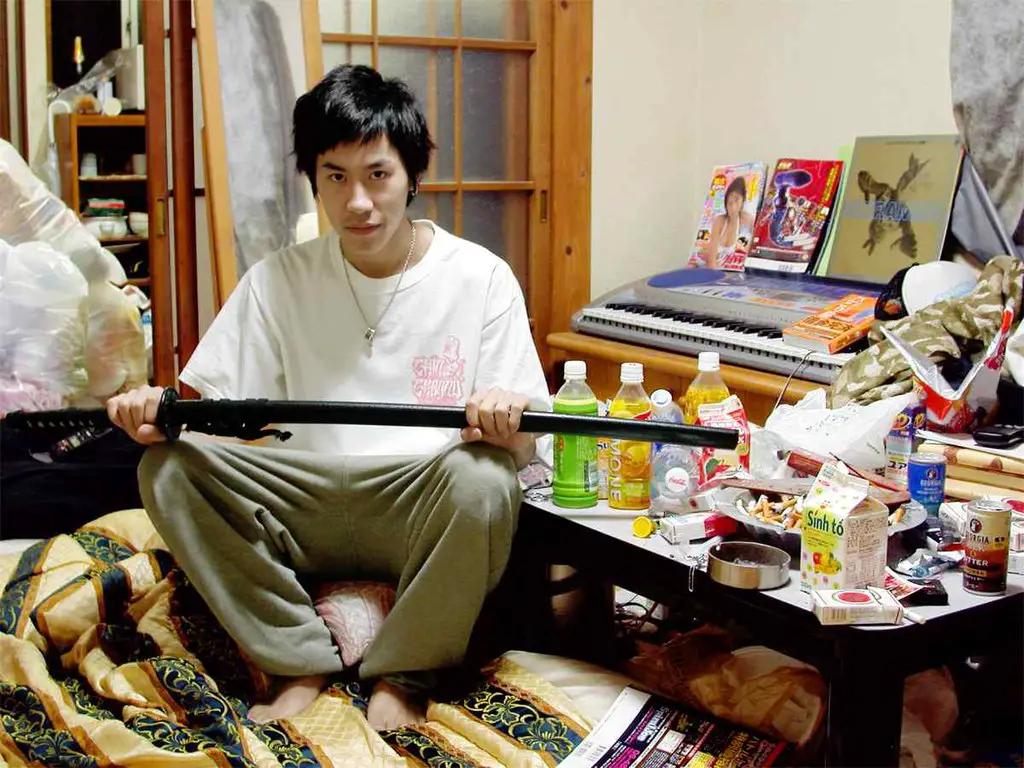
This is actually kind of weird and sad. Numerous youths (mostly men) in Japan aged between 15 and 39 prefer to live in total isolation. Known as hikikomori, these socially withdrawn people live with their parents and confine themselves in a single room in the house.
The government has identified it as a psychological issue and established virtual high schools and support centers to help these people. However, fans of the 2005 film Densha Otoko (Train Man) know that the only way to cure them is little acts of chivalry. A silly stereotype but many people actually believe this!
Celebrating penises
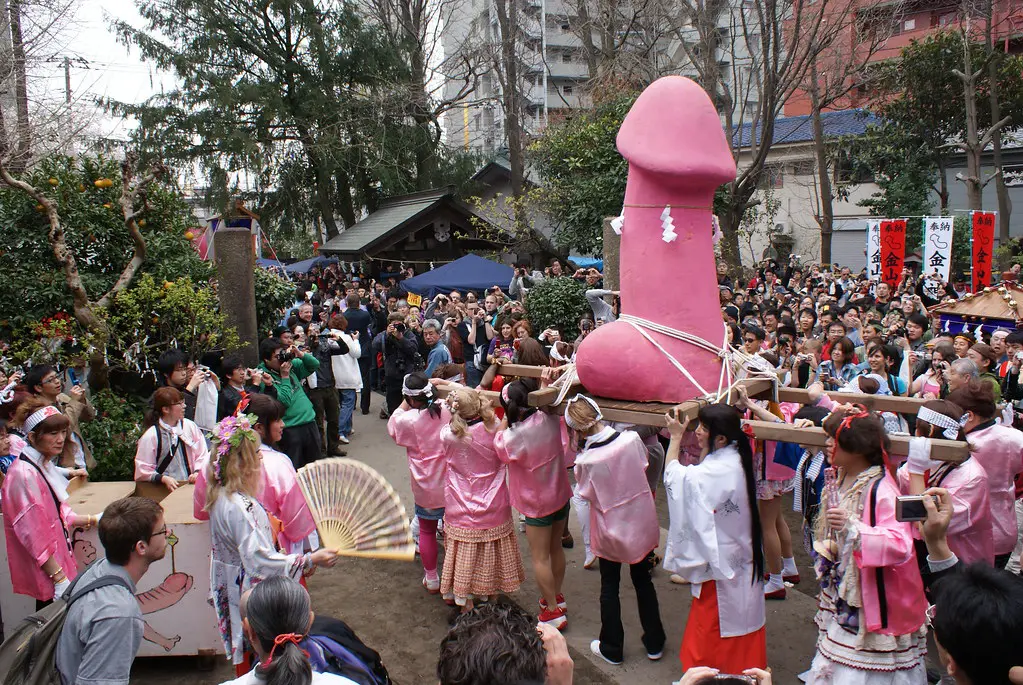
On the first Sunday in April, the Kanayama Shrine in Kawasaki arranges this festival of Kanamara Matsuri (steel phallus). As expected, the male genital is the central theme of the event. A mikoshi (a sacred religious palanquin) parade is held and everything found in the festival, including candy, fruits, vegetables, and other things, has a phallic shape.
Baby crying festival
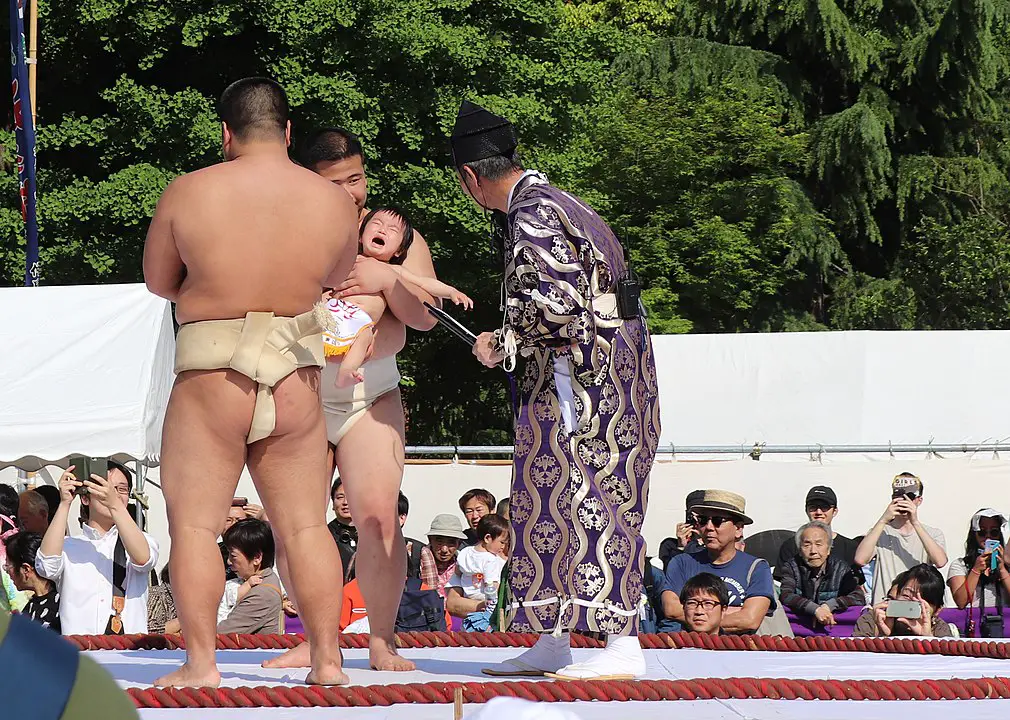
In this Naki Sumo Crying Baby Festival, two sumo wrestlers hold one baby each in a sumo ring. The baby who cries first will be the winner of that round. It sounds quite odd but the Japanese believe that a crying baby can keep evil spirits at bay.
Sleeping at work? You’re welcome
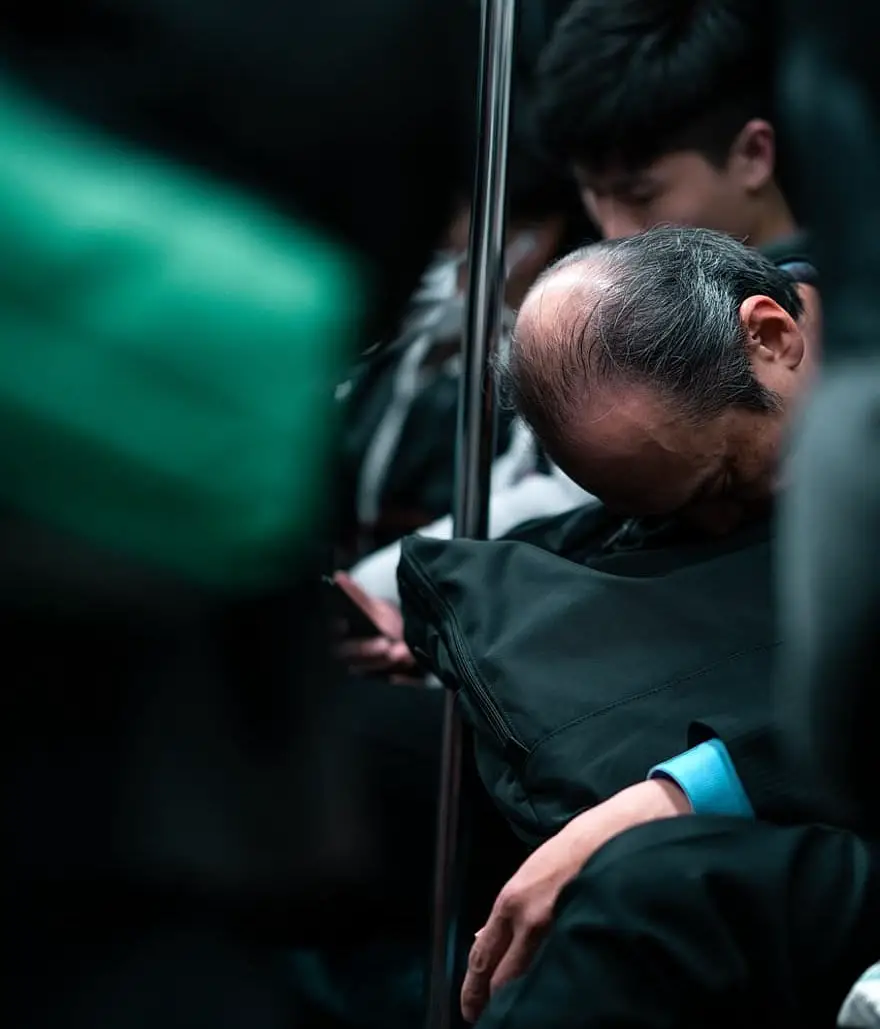
It will be frowned upon in any country but not in Japan. People there work hard for long hours, so some employers allow their workers to take a power nap at the office. You will often see people falling asleep on subways and trains. In fact, inemuri (dozing at school or work) is taken as evidence that the person is a hard worker.
Japanese eat meals at convenience stores
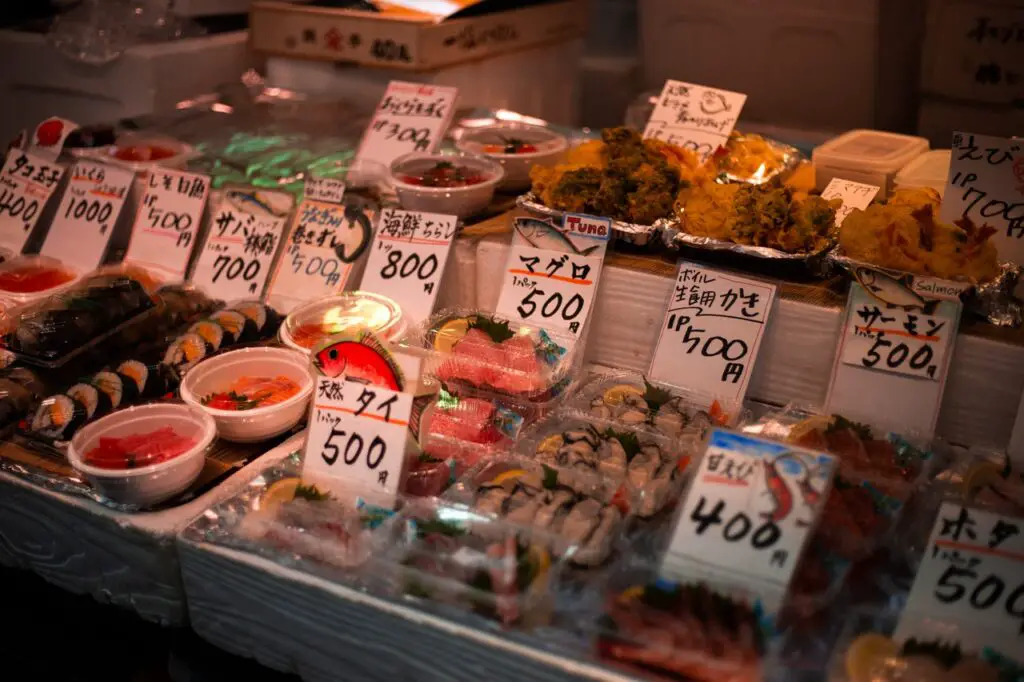
People are so busy that they don’t have time to prepare a full meal at home. But convenience stores like 7 Eleven and Family Mart sell all types of ready-made foods for breakfast, lunch, and dinner. There are also arrangements in those stores for heating and preparing those foods. You can buy sushi rolls, onigiri, sandwiches, or whatever you like and eat right inside the stores.
Fruits are one of the best gifts
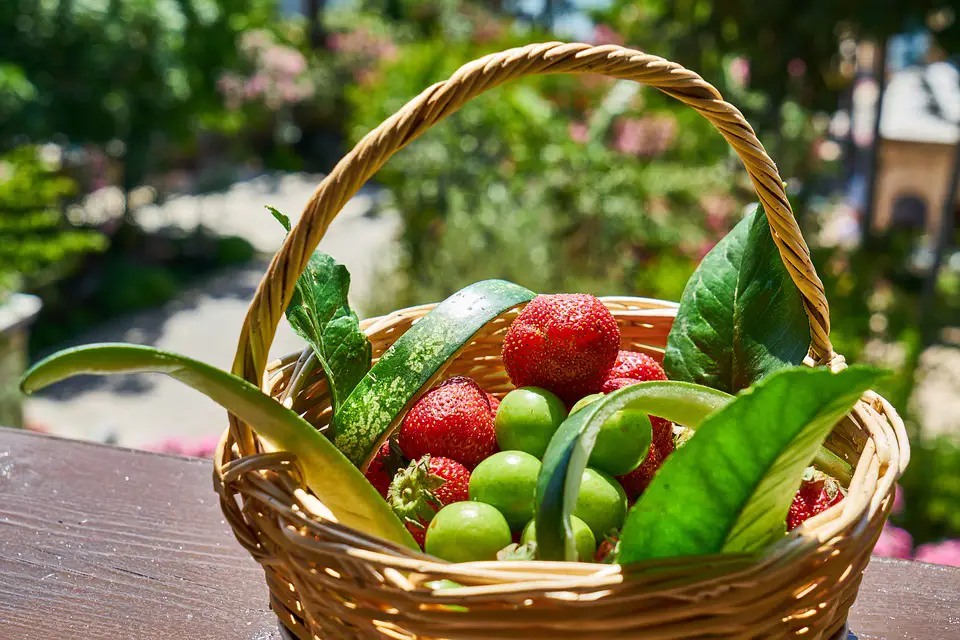
We take chocolates, wine, and flowers when visiting someone but these things don’t stand a chance before fruits! Once upon a time, fruits were highly expensive in Japan, so they used to consider these as the most precious gifts. Fruits are not that much expensive these days but are still considered as a great gift.
“Slurping” is encouraged
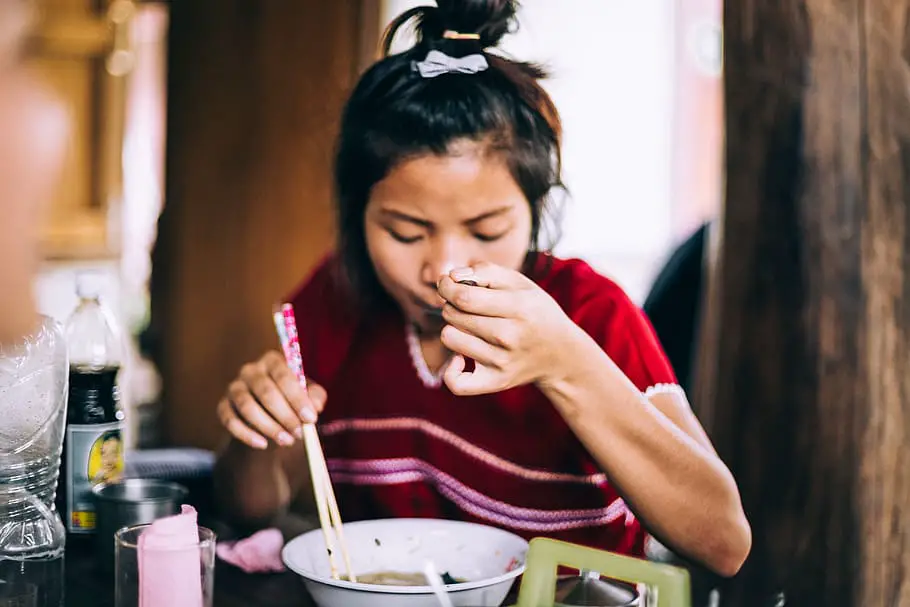
In most countries, making noises while eating in public is considered ill-mannered. Not in Japan! Enter a noodle shop in Tokyo, Osaka, or anywhere in the country and you will hear slurping sounds coming from all around. Japanese people believe that slurping enhances the flavors and shows appreciation for the food.
You can buy intimacy at the cuddle cafes
Many Japanese are single and lonely, so they would naturally crave for some intimacy. These cafes allow male customers to spend some time with a woman for a fee. They can stroke the girl’s hair, hug her, or sleep next to her. However, the services are strictly non-sexual activities.
Japanese don’t shake hands, they mostly bow
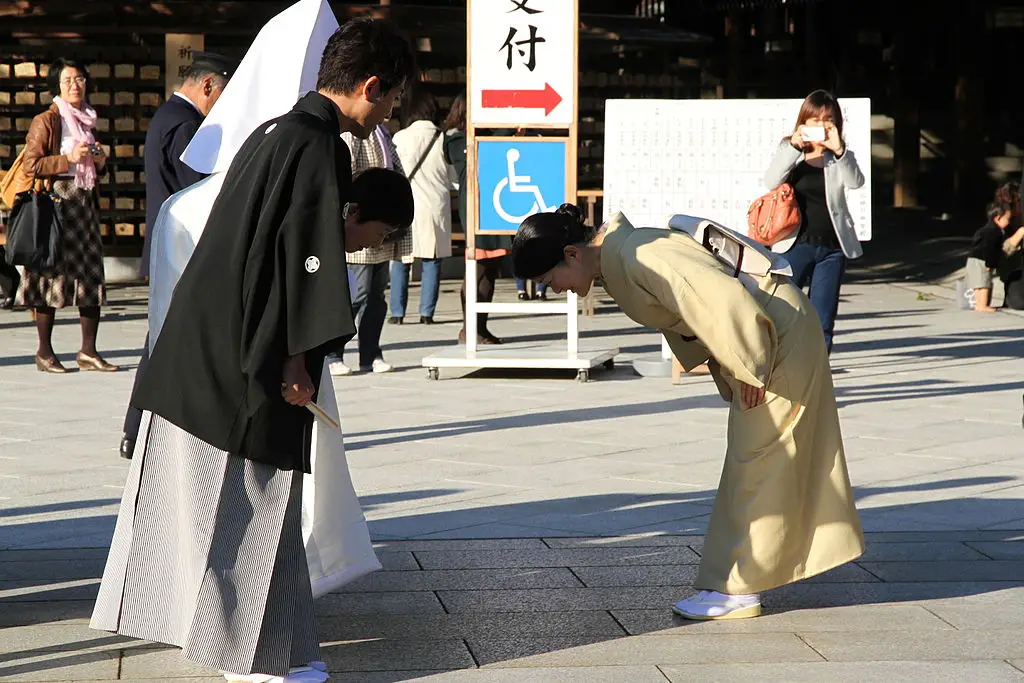
When the rest of the world shakes hands to greet their guests, Japanese bow. The lower the bow, the more respect is shown to the other party. There are even different types of bows and every Japanese needs to learn the etiquette of making a perfect bow.
Japanese say “sorry” in over 20 ways

Japanese are polite and they hardly spare any chance to show respect for others. So, it’s not surprising that they have so many phrases to apologize. For example, the word gomen (forgiven or pardon) has a casual version gomen-ne and more formal version gomen-nasai. In a letter or email for seeking a genuine apology, Japanese use at least three to four different phrases to beg pardon.
Staff wears cosplay at maid cafes
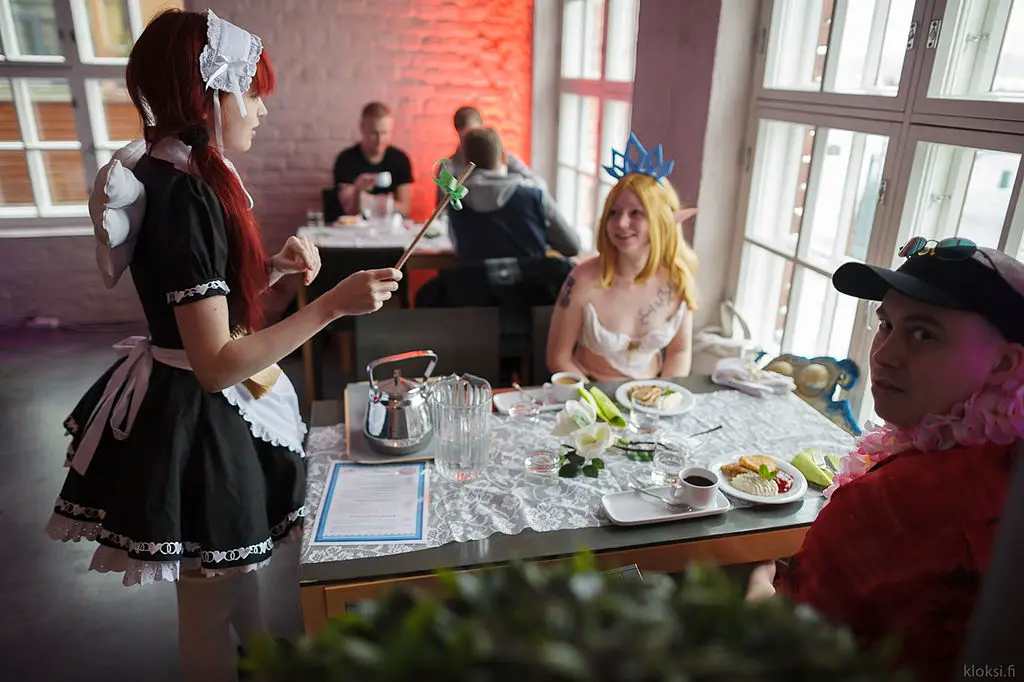
Cosplay culture is predominant in Japan so cosplay restaurants like maid cafes make perfect sense. The waitstaff (both males and females) dresses as maids inspired by various manga and anime characters. They treat customers as masters and misses.
Japanese restaurants display fake food
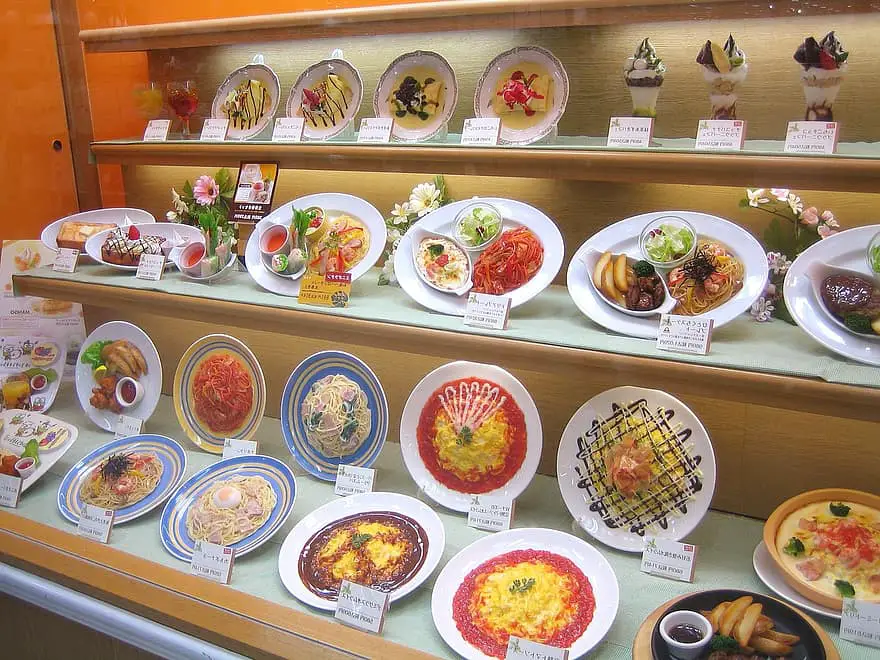
Most restaurants display fake food replicas so that customers can decide what they want to eat. Many of these replicas move too, and this type of animated food you will find only in Japan. These fake foods are sold in the stores in Kappabashi Street between Asakusa and Ueno.
Japanese eat KFC meals for Christmas dinner
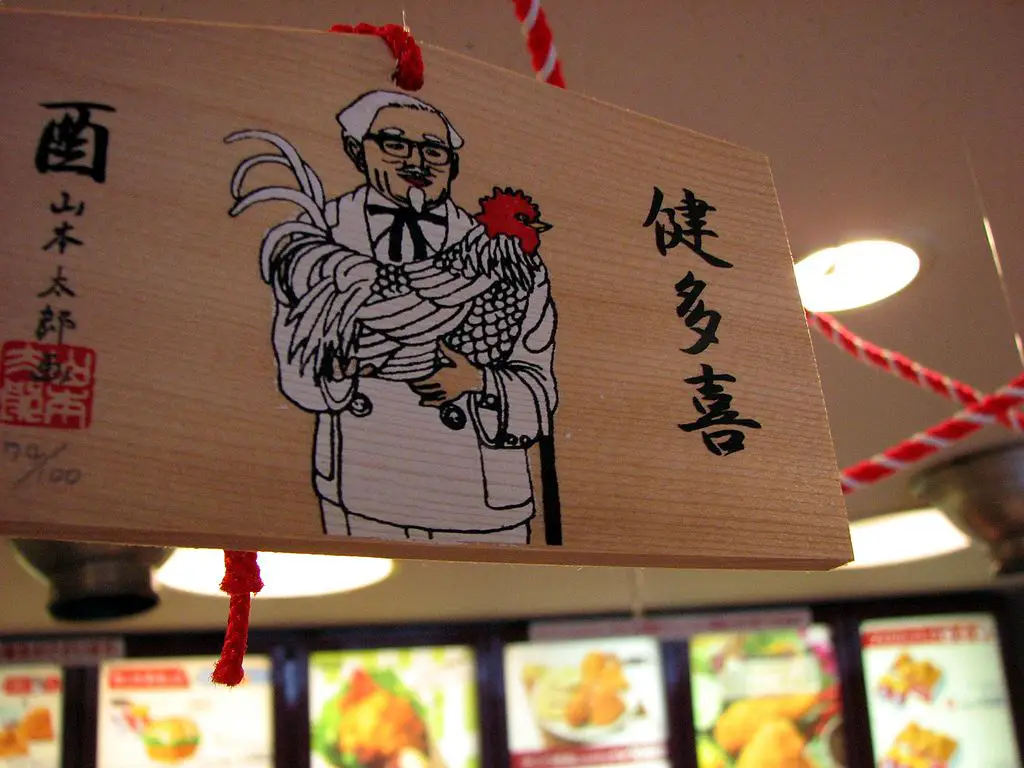
Less than 2% of people in Japan are Christian, so Christmas is not a big event there. But more than 3.6 million people there celebrate the holiday with a KFC dinner. You have to order weeks in advance to get a bite of those special dinner items. KFC Japan once started a “Party Barrel” of fried chicken for Christmas and it took off immediately.
Kurisumasu ni wa kentakkii! (For Christmas it’s Kentucky!) is the jingle of the fast-food chain in Japan during the big holiday.
The blackface makeup trend
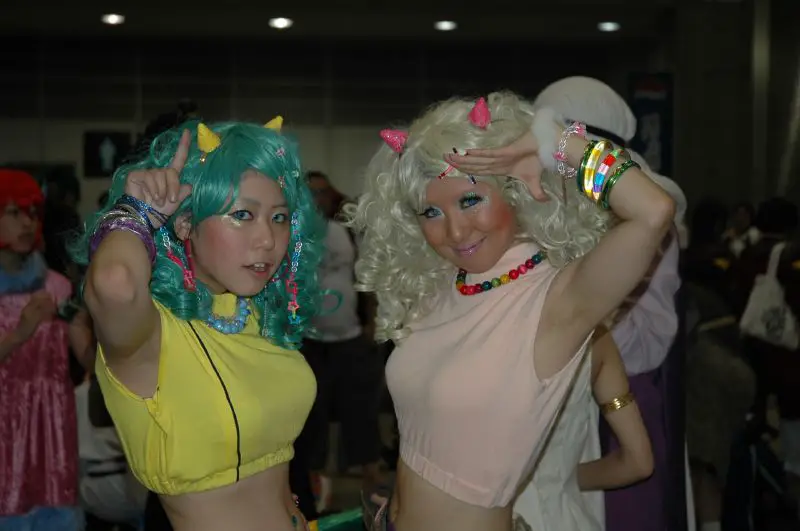
Started in the mid-1990s, ganguro (blackface) is a style of makeup endeared by many Japanese women. It features a combination of bleached hair with dark tan makeup on the face. It has nothing to do with the caricature of a black person but a response to the country’s traditional appreciation for women’s dark hair, fair skin, and modest makeup.
Women use artificial uneven teeth
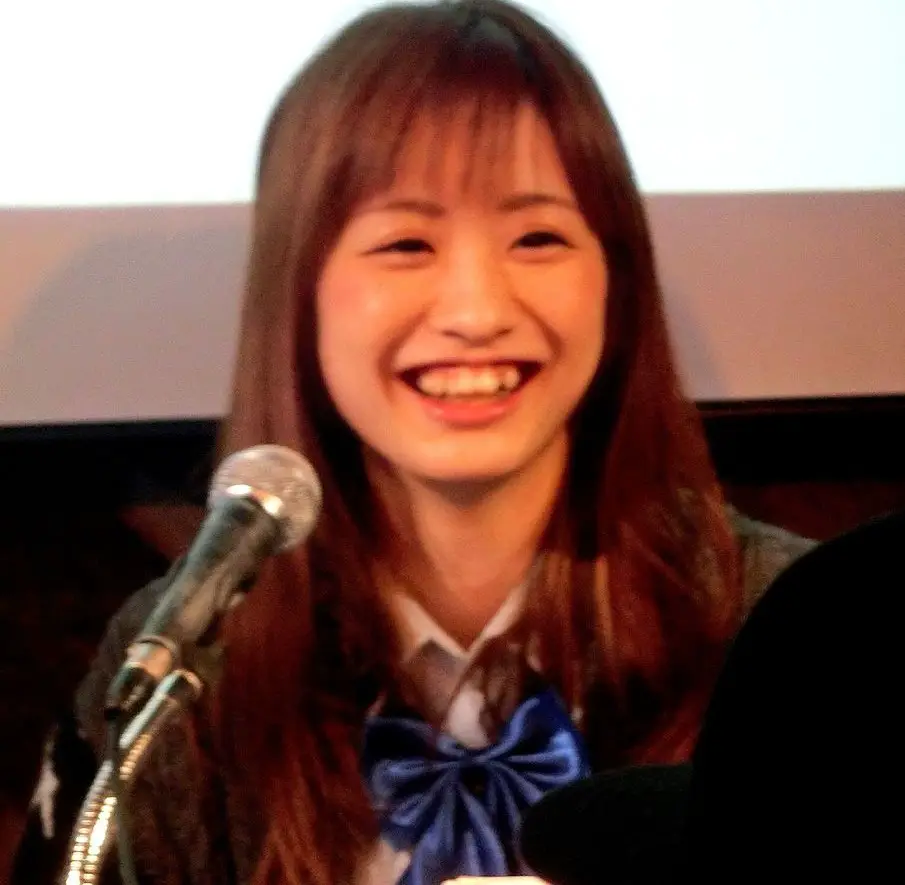
Artificial beauty features are not unusual in any part of the world, but Japanese women go after a unique trend in this case. Yaeba (double tooth) is a trend where Japanese women install an artificial upper canine to create a fang-like appearance. Such a snaggle-toothed smile is discerned as natural beauty and juvenile in Japan.




